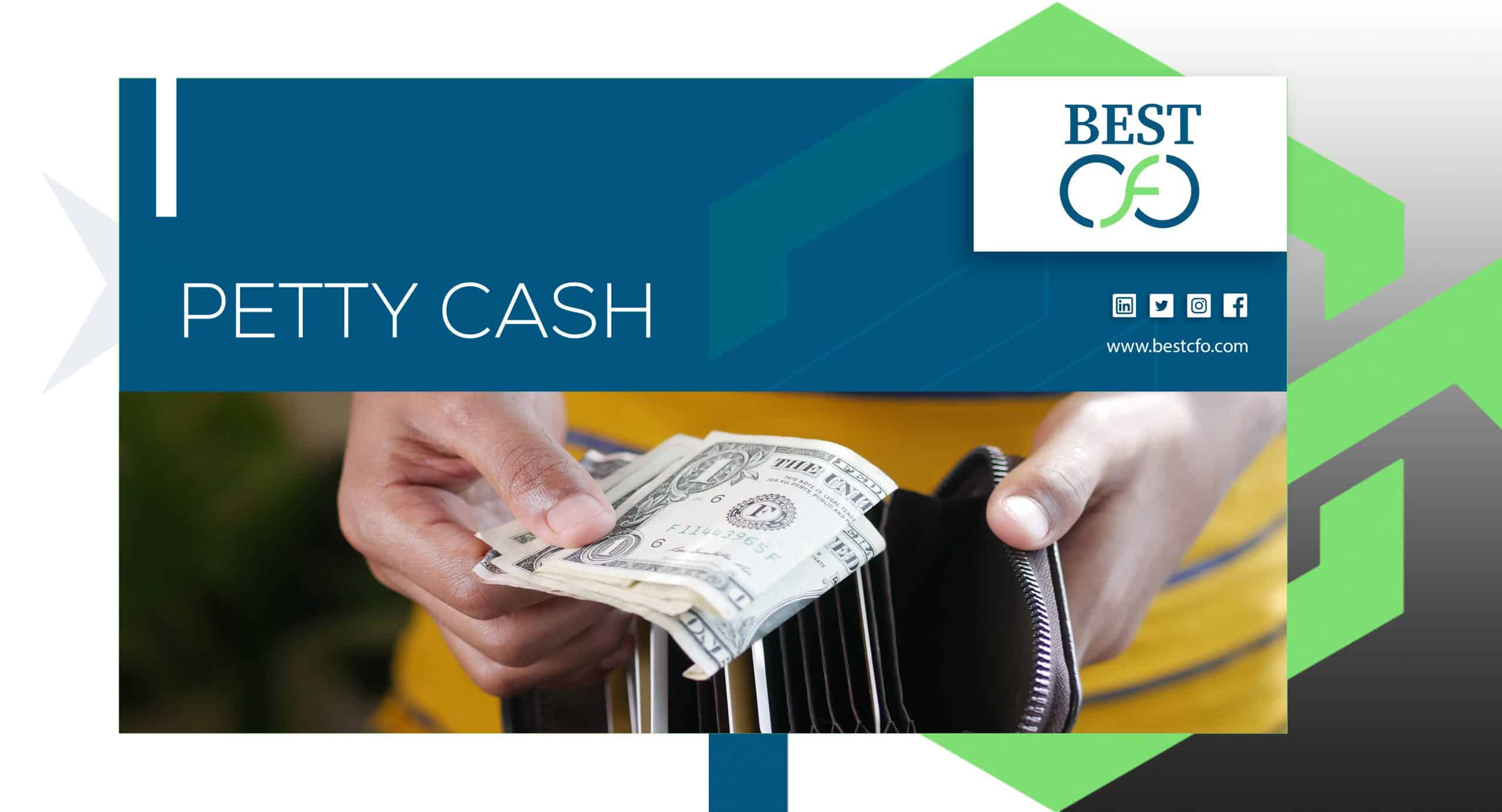
| Getting your Trinity Audio player ready... |
What is Petty Cash? Everything You Need To Know
In any business, there are always small, day-to-day expenses that don’t justify writing a check or using a company credit card, either they are office supplies, some minor expenses, small delivery charges and things like these, these little things add up and become a noticeable cost. That’s where petty cash comes in as it is a simple way to manage such expenses.
Here we are going to explain to what petty cash really is, how it actually works, and how businesses take advantage from this.
Understanding Petty Cash
Petty cash usually refers to small amount of money that business set aside to cover some minor expenses. To handle minor expenses like posts, office supplies, or office snacks business use a petty cash fund to cover these expenses instead of processing a formal transaction by an office credit card.
While these transactions are so small, its not efficient to make such payments by a check or make an electronic payment. Petty cash helps to keep work running without any delays due to payment issues. Businesses usually store these funds in a separate box or a locker that’s assigned to a responsible employee, and he is known as a Petty Cash Custodian to manage all the funds.
How Does a Petty Cash System Work?
A petty cash system follows a complete process to make sure its handled responsibility and try to avoid any sort of misuse. The system generally follows these steps:
1. Establishing a Petty Cash Fund
Normally businesses set up petty cash fund by withdrawing a specific amount of money like $50, $100, or $200. It all really depends on the environment and the office employees and employer needs.
2. Assigning a Custodian
A petty cash custodian is responsible for the withhold of the petty fund and distributing it as per the company’s need. They are responsible for keeping the record of the issued money and its their duty to keep the record accurate and make sure the remaining fund matches the recorded expenses.
3. Recording Transactions
Each time any cash is taken from the petty cash, a receipt is and should be filled out, as it helps to keep the record where the fund is used and who used it and it make sures all the fund is used appropriately. The receipt should contain these details:
- Date of transaction
- Amount spent
- Purpose of the expense
- Name of the person receiving the cash
4. Replenishing the Fund
When the petty cash fund balance gets low, the custodian submits an application and a report to the management to refill the petty cash fund. The total amount is replaced and the balance returns to its original balance.
5. Performing Regular Audits
To prevent any type of fraud and mismanagement, businesses should responsibly perform an audit daily to assure that all funds are used responsibly and no error has taken place, better safe than sorry, right?
What Can Petty Cash Be Used For?
As we have discussed businesses use petty cash for small transactions that usually don’t require formal or large payments. It’s normally used for:
- Office supplies
- Postage and courier fees
- Emergency purchases
- Coffee, tea, or snacks for employees
- Parking or transportation costs
However, petty cash should never be used for major expenses, salaries, or business investments for that company’s credit card should be used or a formal transaction should be made under the management’s acknowledgment.

Benefits of Using Petty Cash
Petty Cash system offers many benefits to the business if used responsibly and proper management.
1. Convenience
Petty cash comes in handy for small transactions as if the employees require supplies for work purpose urgently, they don’t have to wait for approvals or use their own money to complete that transaction.
2. Improved Cash Flow Management
By making petty cash fund companies have a controlled amount of cash for small transaction and it results in not disturbing the funds set for major transactions.
3. Accountability and Record-Keeping
When properly managed, petty cash helps to create a business more efficient. This creates a more transparent environment and helps to avoid any unauthorized spending.
Best Practices for Managing Petty Cash
To maximize the benefits of petty cash while avoiding any mismanagement, businesses should follow these practices.
1. Set a Clear Petty Cash Policy
Establish rules regarding:
- Who can access the petty cash fund
- The maximum amount that can be spent per transaction
- The type of expenses that qualify for petty cash use
2. Keep Detailed Records
Ensure that every petty cash transaction is recorded with a voucher or receipt to maintain accountability.
3. Limit Access to the Fund
Only designated employees should handle petty cash transactions to prevent unauthorized use.
4. Conduct Regular Audits
Perform frequent petty cash audits to ensure the remaining balance matches the recorded expenses.
5. Replenish the Fund Systematically
Rather than refilling petty cash on an ad-hoc basis, set a schedule for replenishing the fund.
FAQs About Petty Cash
How much petty cash should a business keep?
The amount of petty cash that a business wants to keep is determined by its size and everyday costs. Smaller businesses can have a petty cash fund of $50 to $100, while their larger counterparts may manage, for example, $500 or over.
Is petty cash considered an expense?
No, petty cash is a withdrawal of cash from a fund, and makes this transaction recorded in the balance sheet as such, so it is not an expense. The costs only occur when the money is spent on the replacement of capital goods.
How do businesses track petty cash expenses?
They deal with petty cash by using receipts, petty cash vouchers, and spreadsheets or accounting software. Each transaction should be detailed in financial records to avoid opportunities for fraud.
Can petty cash be used for personal expenses?
No, petty cash is a strict non-business transaction. In other words, business and personal items are to be paid for with different funds—expenditure for non-business usage can cause excessive financial differences, as well as might be brought out as a legal matter.
How often should petty cash be audited?
One of the best approaches is to do a full physical inventory of the fund and then audit petty cash at least once a month, or when a company replaces it with its original balance.
Final Thoughts
Petty cash is an effective way for businesses to deal with small expenses without disturbing the formal accounting process. Provided it is handled correctly, it elicits an increase in the effectiveness of the accounting process, a better cash flow, and a good daily functioning of the company. Still, it equally needs the right supervision to be protected from theft and misuse.
The company can make petty cash as a secure tool for handling minor expenses and at the same time keeping financial records in place by laying down clear policies, recording accurate records, and regularly checking their performance.
Related Posts
From Finance to Future-Proofing: The Strategic CFO for IT
From Finance to Future-Proofing: The Strategic CFO for IT Suppose a traditional CFO sitting at…
CFO vs Finance Manager: Choosing The Right One For You
CFO vs Finance Manager: Choosing The Right One For You The finance world can be…
When Should You Outsource My CFO? – The Guide
When Should You Outsource My CFO? – The Guide Every business, no matter how small…
Top 5 Reasons Why You Should Outsource HR
Top 5 Reasons Why You Should Outsource HR Outsourcing is gaining popularity among businesses looking…
 Demos
Demos  Colors
Colors  Docs
Docs  Support
Support 










